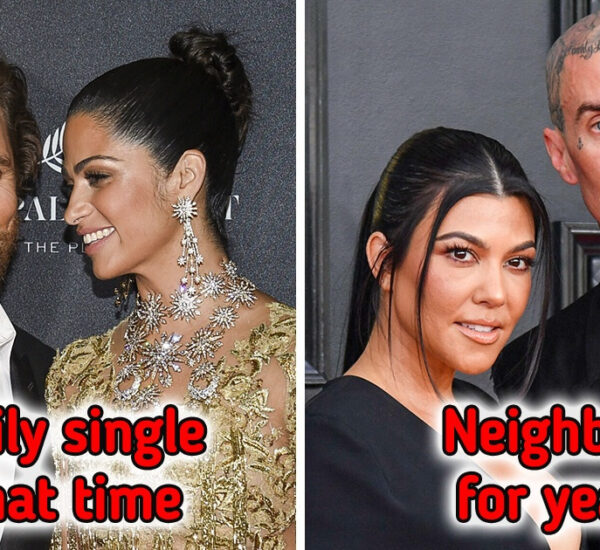A popular meme began to circulate on the Internet a few months ago. From Twitter to TikTok to Instagram, everyone was being bombarded with this message to anyone dating or in a relationship:
“If they wanted to, they would.”
I couldn’t help but roll my eyes. Not because the phrase lacks merit to some extent, but rather because it is the way people apply it.
People created videos that filled my feeds of themselves receiving lavish gifts from their boyfriends or being taken on exotic vacation spots. In addition to the images and videos, an audio recording repeated, “if they wanted to, they would.”
This is not to say that all expectations in a relationship are unhealthy. But differentiating between healthy and unhealthy expectations is where people fall short.
So what are these basic human decencies that it is healthy to expect from your relationship? Let’s talk about them:
Respect.
When you feel disrespected by your partner or anyone else, everything turns sour between you. No one wants to feel like their opinions don’t matter. Nobody wants to be underestimated.
In college, I dated a man who criticized my body and called me unintelligent on a regular basis. He gave me enough love for me to stay, but I never felt he valued me as a person. My resentment towards him grew over time until I was afraid to go home with him.
How do you know if someone doesn’t respect you? Easy.
Observe how they react when you express your opinions. See how they act when you set limits. Recognize the names and words with which they call you.
Confidence.
Experts and researchers agree: without trust, a relationship slowly deteriorates. You cannot have a positive connection or relationship with someone you cannot trust. Think of it like the glue that holds two people together.
With trust, two people can pursue life goals and feel free to pursue what makes them happy while in a relationship. It creates a mutual sense of security between two people who have all the capacity in the world to hurt each other.
But it’s important to understand that trust is essentially a four-way street. You want to be trustworthy and be able to trust your partner. They want the same from you.
If any of these pieces are missing, it will be difficult for a relationship to thrive.
Loyalty.
This one seems pretty simple, but it still needs a bit of an explanation. Not all relationships require two people who just date. There are a lot of different relationships that make people happy.
But if what you promised each other was a committed and monogamous relationship, then loyalty is unquestionable.
Beyond just sleeping together, loyalty also means your partner supports you through tough times. It’s the conflicts at the Thanksgiving table when your family joins you. Wanting your partner to be loyal and supportive is perfectly acceptable.
Communication.
If you’re not sure how poor communication can affect your relationship, let’s take a look at the statistics. Several studies have found that communication is among the top (if not the top) reasons people get divorced today.
John Gottman, researcher, author, and relationship psychologist, describes that miscommunication often comes in four forms: criticism, contempt, defense, and blocking. According to his research, these can predict the end of a relationship.
It’s one thing for someone not to have been raised in an environment that taught them good communication skills, but it’s quite another for your partner to refuse to improve their skills for the good of the relationship.
Equality.
Few people talk about it, but equality is a huge expectation in a relationship. It’s not the 90s anymore; you and your partners are equal no matter how much one of you earns and definitely no matter your gender.
It is perfectly acceptable to demand that your needs, opinions, and ideas be valued. In fact, if your partner doesn’t give you that, I’d investigate further what it says about them as a person.
If things seem out of balance in your relationship, talk to your partner. Determine for yourself if they don’t notice your behaviors or if they fundamentally believe they are better than you in the relationship.
Expectations can be a way to ensure your relationship thrives, but they can also be the silent killer of something big. By being honest with yourself about the persistent expectations you have, you can determine if they are healthy or if they are harming the relationship.
Learning to do this could be the change your relationship needs.


